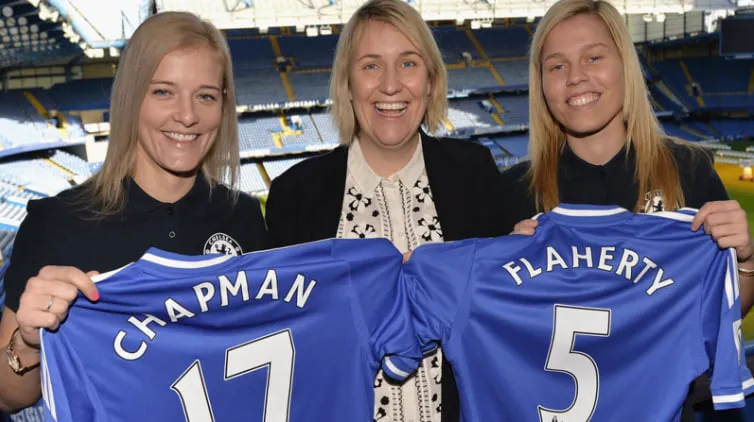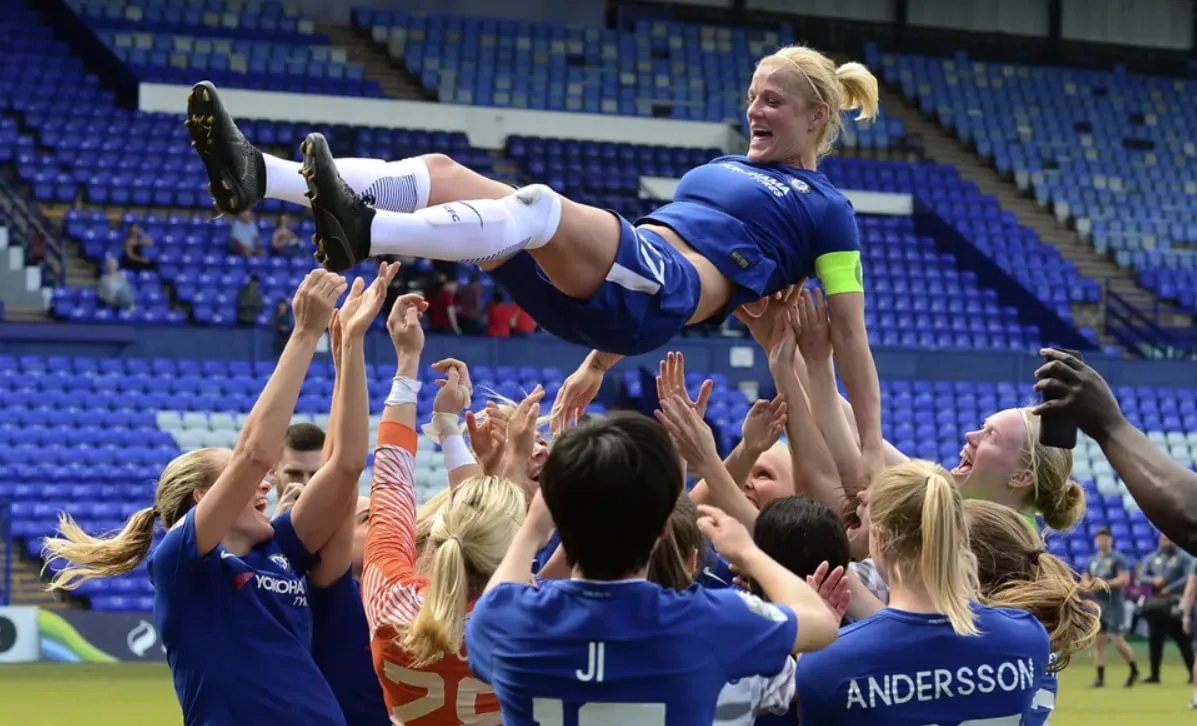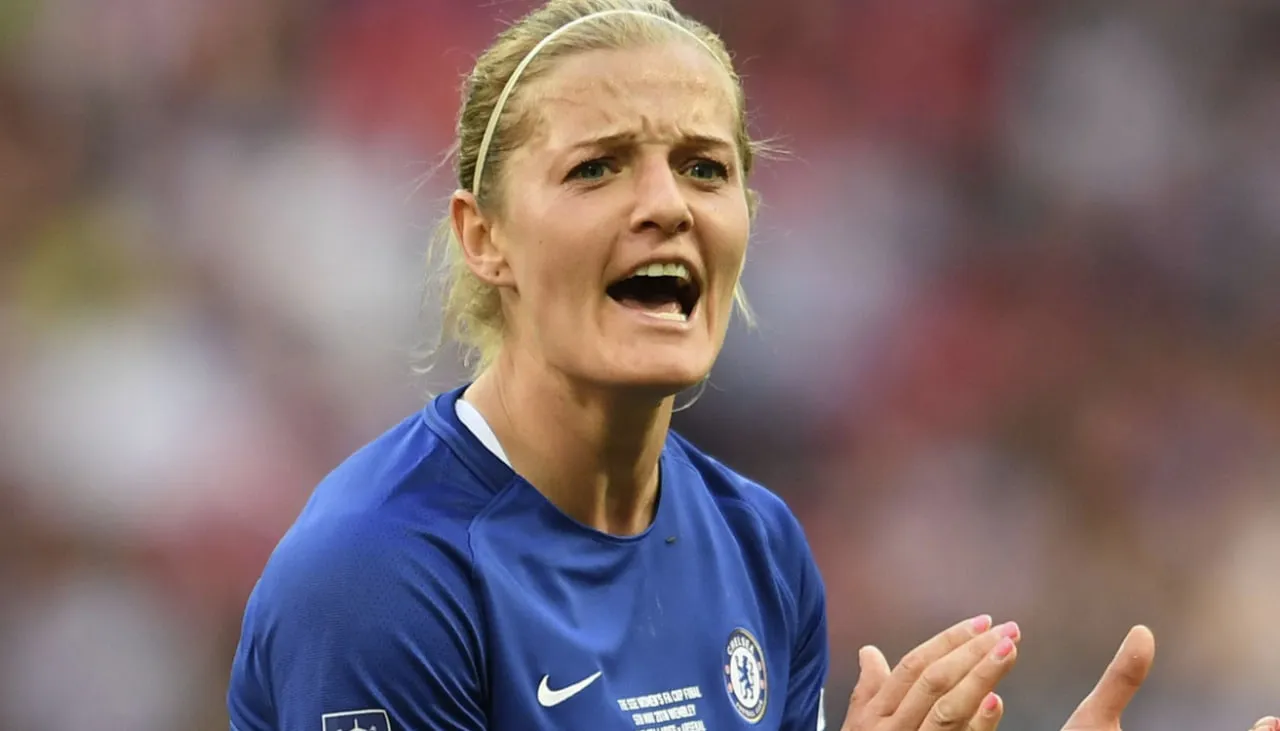Breaking Barriers: Why Women Footballers Deserve Better Maternity Support
Former England and Chelsea legend Katie Chapman is championing a crucial change in women’s football: normalizing motherhood without career penalties. With 94 caps and a storied career, Chapman knows firsthand the challenges of balancing professional football with raising three sons. Her call for systemic support resonates as the sport grows globally, yet maternity policies lag behind.

The Fight for Equality: Chapman’s Personal Battle
Chapman’s advocacy stems from her own struggles. In 2010, during Hope Powell’s tenure as England manager, her central contract was abruptly canceled after requesting family leave. “It shouldn’t be the end of a woman’s career if she chooses motherhood,” Chapman emphasized on The Women’s Football Show. Her return to the 2015 World Cup squad—where England secured bronze—proved her resilience, but systemic gaps remain.
Key Issues Highlighted:
- Lack of Guaranteed Contracts: Unlike the U.S., where players like Alex Morgan received structured maternity support, England’s FA offers no standardized policies.
- Postpartum Challenges: Physical recovery and childcare logistics often force premature retirements.
- Cultural Shift Needed: Chapman’s success post-pregnancy (three boys!) shows it’s possible—with backing.
Voices of Change: Chamberlain’s Parallel Struggle

Former England goalkeeper Siobhan Chamberlain recently retired at 37, citing motherhood as a tipping point. Despite Manchester United’s tailored training post-pregnancy, the pandemic exacerbated childcare hurdles. “There’s no roadmap for footballer mums,” she lamented. Her story underscores Chapman’s plea: clubs and federations must institutionalize support.
The Road Ahead: How Football Can Adapt
Baji Live experts suggest these actionable steps:
- Maternity Contracts: Mirror the NWSL’s paid leave and fitness programs.
- Childcare Subsidies: Partner with clubs to offset costs for traveling parents.
- Mental Health Resources: Postpartum support groups tailored to athletes.
“Imagine the talent we’re losing because women fear choosing family,” says Dr. Emily Harris, a sports sociologist. The FA’s silence on Chapman’s remarks speaks volumes—but the Lionesses’ Euro 2022 win proves investment in women’s football pays off.
Conclusion: A Game-Changing Moment for Women’s Football
Katie Chapman’s fight isn’t just about policy—it’s about redefining what’s possible. As Baji Live spotlights these issues, fans can demand better. Share your thoughts: Should motherhood cost women their careers? Comment below and tag #SupportFootballMoms.
For more groundbreaking analysis, follow Baji Live —your home for fearless football discourse.

